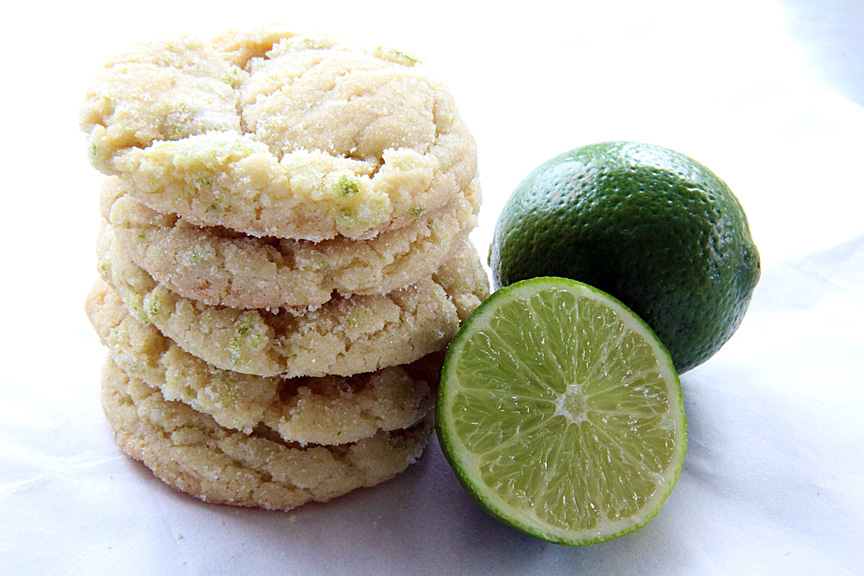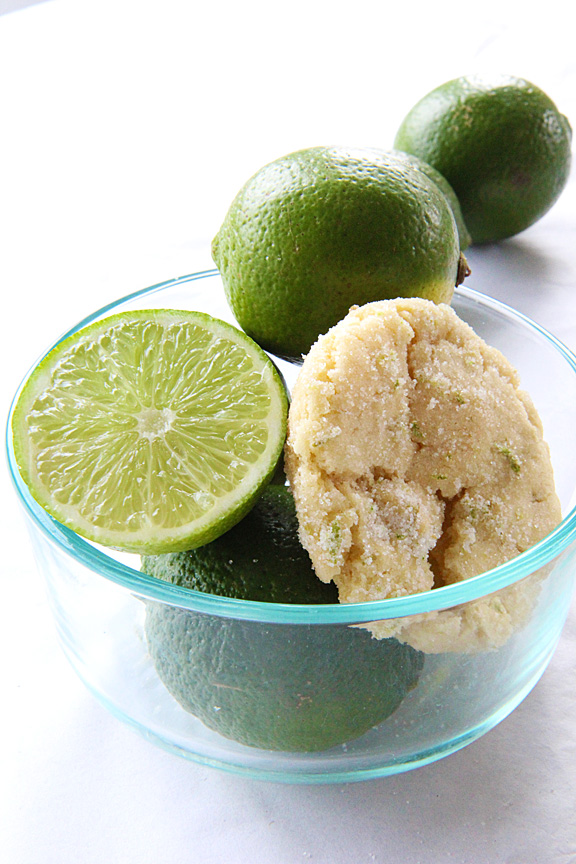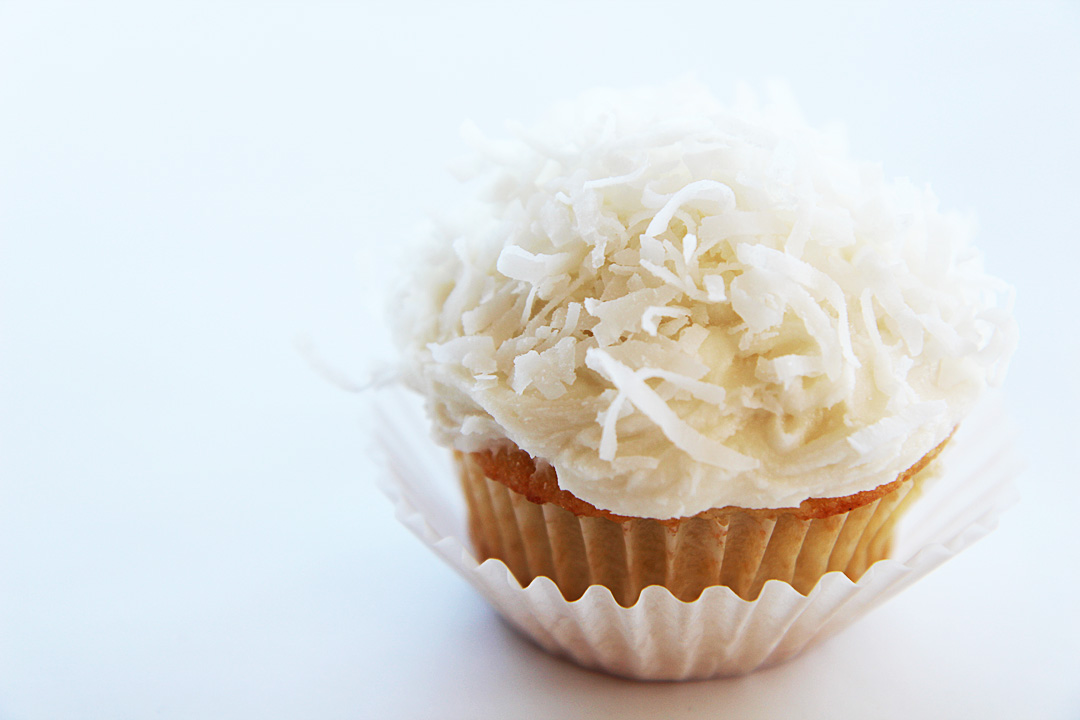
Over the past few years especially, coconut, and namely the type of fat it contains, has become overwhelmingly controversial in terms of health and nutritional value. There is no disputing the impressive vitamin (most notably folate), and even more so, mineral (very high in manganese, with a good amount of copper and selenium) and amino acid profile of these fruits, known as “drupes,†hailing from the palm family, but the fact that they are comprised of a generous ratio of saturated fat to carbohydrate and protein is what concerns some health conscious individuals and experts.
True, saturated fat has been touted as the “evil†fat said to raise levels of “bad†cholesterol in the body known as LDL cholesterol, and contribute to obesity, and for the most part, that is accurate. However, what is rarely mentioned is the presence of different types of saturated fats, which vary greatly based upon their size. Saturated fatty acids, or triglycerides, appear in foods as short chain, medium chain, or long chain fatty acid chains. The problem with the typical American diet is that it contains way too many long chain saturated fatty acids, found in meats, dairy, and even some plant sources of fat, which are tough for the body to break down and convert to energy.  Coconut, on the other hand, as well as palm kernel oil, contains medium chain saturated fatty acids, which are thought to be used by the body much differently. According to some research, medium chain fatty acids are more easily oxidized by the liver to produce energy, causing less of the fat to be stored long term in the body.
The bottom line here is not that the saturated fat in coconut would be recommended over unsaturated fatty acids like those found in foods like avocado, olive oil, fatty fish, and various seeds which raise levels of “good†HDL cholesterol in the body, but that it serves as a better replacement for other saturated fats that are already in the diet. So, don’t feel like you have to steer clear of coconut because of the fat content in order to feel “healthyâ€! Some fat in the diet is absolutely necessary for a healthfully functioning body, and the satiety factor we need to feel full and nourished.

Make some healthy substitutions every once in awhile, like for instance, drink coconut milk occasionally instead of your usual 2% dairy milk, or bake with coconut milk rather than butter, and you could be doing yourself a favor with a little health boost!  Go ahead and make a batch of these coconut cupcakes and enjoy (*cough* Super Bowl Party!! *cough*)…I’m not claiming these cupcakes are health food by any stretch, but let’s face it, coconut tastes awesome, too – just don’t go overboard!
Or, if you prefer freshy, citrusy lemon, you might enjoy Martha Stewart’s Lemon Cupcakes instead!

Martha Stewart’s Coconut Cupcakes with Coconut Buttercream Frosting
These are dense, hearty little cupcakes. My favorite part of the recipe is that it includes ground coconut in the batter, and can easily be made dairy-free! Ok, that’s one of my favorite parts, the other is the frosting.  The cupcake recipe is from Martha Stewart’s Cupcakes, but the frosting is all my own… it changed my life…it’s THAT good! :) Sprinkle with sweetened shredded coconut, unsweetened shredded coconut, coconut flakes, or just leave them as is! I used sweetened shredded coconut since that’s what I had on hand, but I gazed longingly at the photo of Martha’s version with its large, glorious, luxurious-looking flakes, and wished I could have used those instead! I urge you to do so, if you get the chance…and then send me photos!
Ingredients:
Cupcakes:
* 1 3/4 cups all-purpose flour
* 2 tsp baking powder
* 1/2 cup packed sweetened shredded coconut
* 3/4 cup (1 1/2 sticks) unsalted butter, or dairy-free butter spread like Earth Balance
* 1 1/3 cups granulated sugar
* 2 large eggs + 2 egg whites
* 1 1/2 tsps vanilla extract
* 3/4 cup unsweetened coconut milk, from either a can or carton
* Coconut Buttercream Frosting (below)
* Sweetened or unsweetened shredded coconut or coconut flakes for topping
Frosting:
* 1/2 cup (1 stick) butter or dairy-free butter spread
* 1/4 cup Coconut butter (the thick portion at the top of the coconut milk can, or pre-made coconut butter in a jar)
* About 2-3 cups confectioner’s sugar
* Dash of salt
* 1 tsp vanilla extract
* 1/2 tsp coconut extract
Directions:
To make the cupcakes:
Preheat oven to 350*, and line standard muffin tins with paper liners.
Sift together the flour, baking powder and salt. Grind sweetened coconut shreds in a coffee grinder or food processor until finely ground, and stir into flour mixture.
In the bowl of a stand mixer, or by hand, cream butter or dairy-free butter spread and sugar until pale and fluffy. Gradually beat in the whole eggs, egg whites, and vanilla, scraping down the sides of the bowl with a spatula as needed. Reduce mixer speed to low and add flour mixture, alternating with additions of coconut milk until everything is combined. Don’t overmix!
Divide batter evenly among lined cups, filling each just about full. Bake for about 20 minutes, rotating the pan half-way through cooking time, until a toothpick inserted into the center of the cupcake comes out clean. Remove from oven and turn out onto a wire cooling rack to cool completely before frosting.
To make the frosting:
Cream together the butter or dairy-free butter spread and coconut butter in the bowl of a stand mixer. Slowly add in the dash of salt and confectioner’s sugar by the spoonful until course, crumbly mixture forms. Add in the vanilla extract and coconut extract. Beat frosting until smooth, adding more confectioner’s sugar if the frosting is too thin, and more vanilla extract, coconut extract, or splash of milk of choice if it’s too thick.
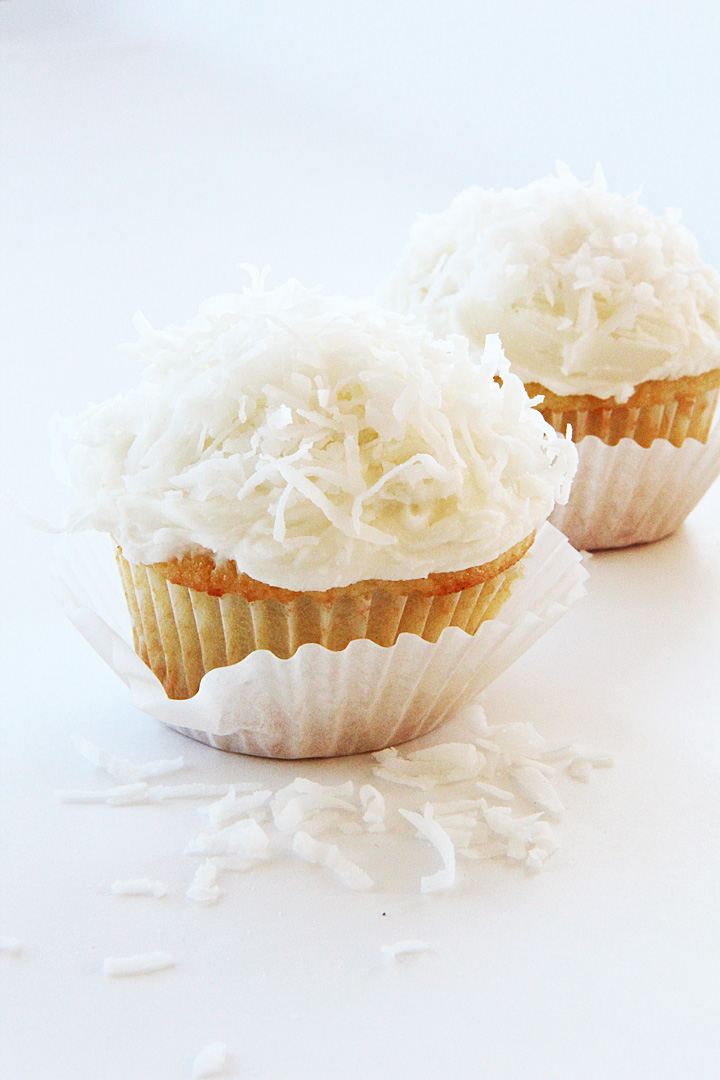
Slather with frosting, and top with coconut shreds or flakes at your own discretion….
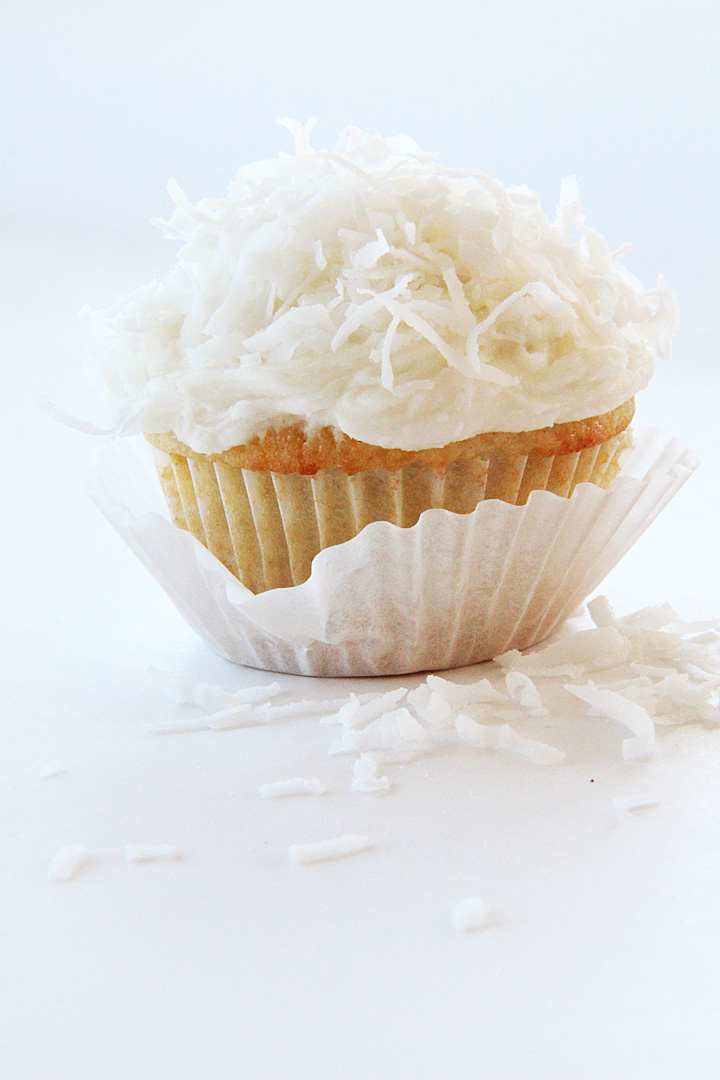
…I’m still finding coconut shreds in places I didn’t know existed, so fair warning – Coconut bombs are a very real situation!
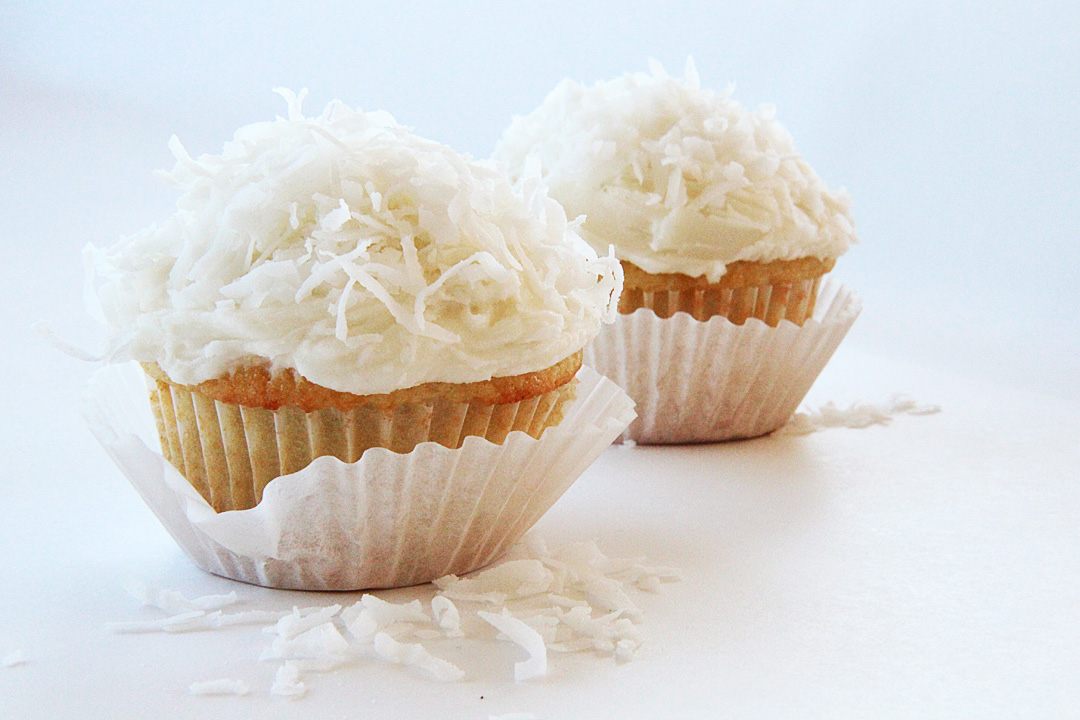
Disclaimer:
I am NOT a licensed or certified nutritionist or registered dietician. I am NOT currently, but am on my way to becoming, a certified personal trainer. I do, however, hold a bachelor’s degree in biological sciences with an emphasis in neurobiology, physiology, and behavior, as well as a strong interest in holistic and medical nutrition, especially as it applies to the prevention of disease, but PLEASE consult your doctor or a registered dietician for more comprehensive and tailored diet, fitness, and health information if you have health concerns or questions regarding any of the topics I discuss. I am simply expressing my knowledge and opinions based upon my own research, reading, and education within the health, fitness, and science fields.
That being said, I hope you enjoy what I write and maybe learn something interesting along the way. Thank you!
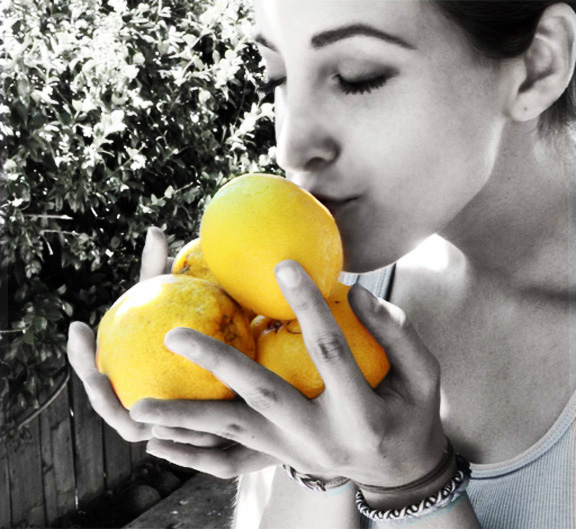 (more…)
(more…)








